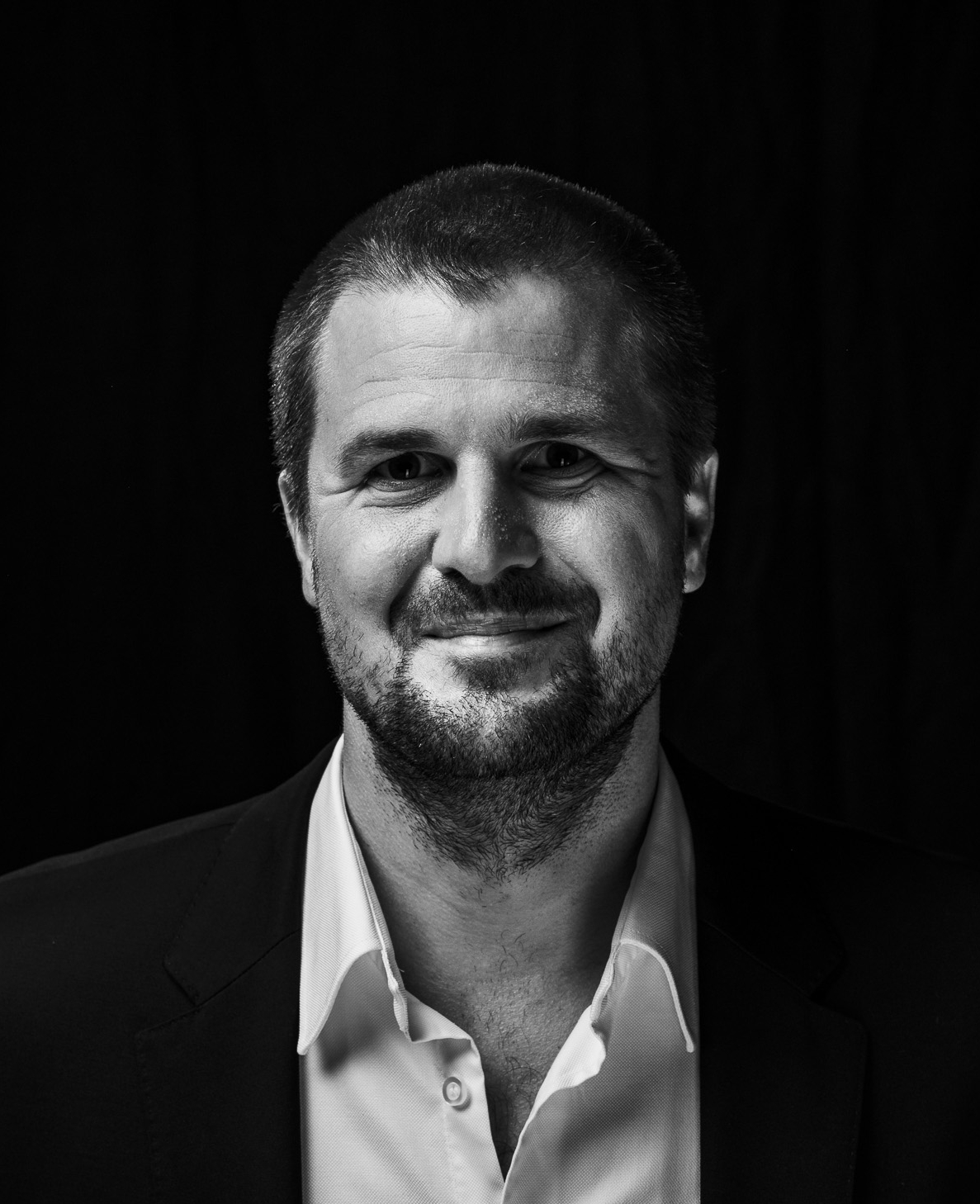
Dr. Jan Recker
University of Hamburg
Jan Recker is Alexander-von-Humboldt Fellow, AIS Fellow, Nucleus Professor for Information Systems and Digital Innovation at the University of Hamburg, and Adjunct Professor at the QUT Business School. In his research he explores the intersection of technology, people and work. He tackles questions such as
- systems analysis and design practices in the digital age,
- digital entrepreneurship, digital innovation and transformation in large organizations,
- digitalization of products, services, and processes,
- digital solutions for a sustainable future.
Jan's research in these areas draws on quantitative, qualitative, and computational field methods. He has published in leading information systems, management science, software engineering, project management, computer science, and sociology journals. He has also written popular textbooks on scientific research and data analysis, which are in use in over 500 institutions in over 60 countries, and he produces the podcast “this IS research”. He was Editor-in-Chief of the Communications of the Association for Information Systems from 2015-2020 and is currently Senior Editor for the MIS Quarterly. In 2019, he was named #1 business researcher under 40 years of age by the German Magazine Wirtschaftswoche. He was the youngest academic ever to be named an AIS fellow in 2018.
Making Conceptual Modeling Research Relevant in the Digital Age
Conceptual modeling has stood as a cornerstone of information systems research ever since the inception of this field. But it has always remained a niche area. In recent times, the relevance and impact of conceptual modeling research has repeatedly been questioned and challenged in light of developments such as big data, artificial intelligence, noSQL, agile methodologies, DevOps and other approaches that form the hallmark of the present so-called “digital age”. In this era, it is fair to ask: is the way we approach, do, and research conceptual modeling still appropriate? Do we need to rethink assumptions, re-engineer approaches, or revisit research methods? Is conceptual modeling a relevant topic or a dead horse in the water?
In this keynote I will reflect on conceptual modeling as a research field in information systems and outline some of the tensions that this field encounters at the moment. I will question the field assumptions that have brought us to where we are now with our research and I will develop some alternative assumptions that I hope will carry conceptual modeling research into the future and not only retain but increase its relevance and impact.